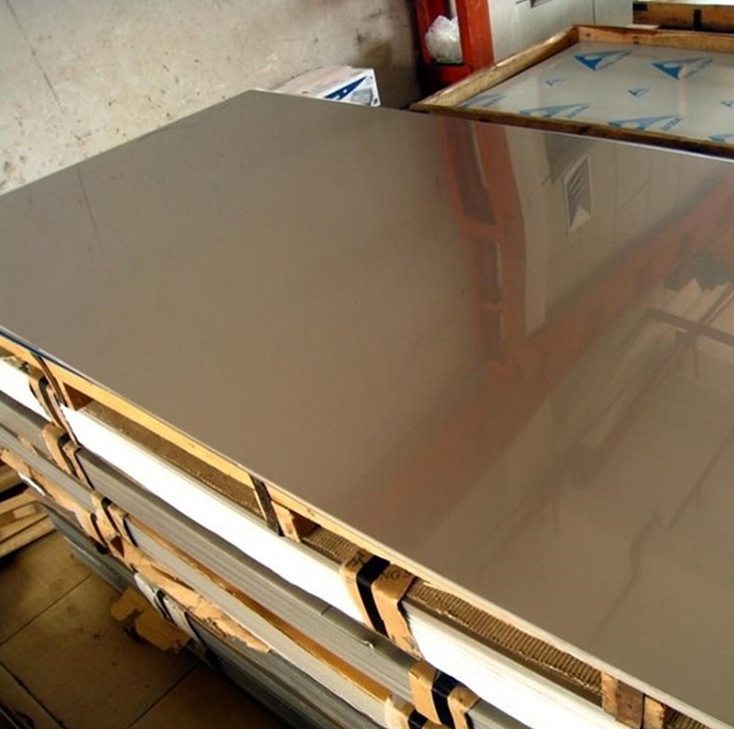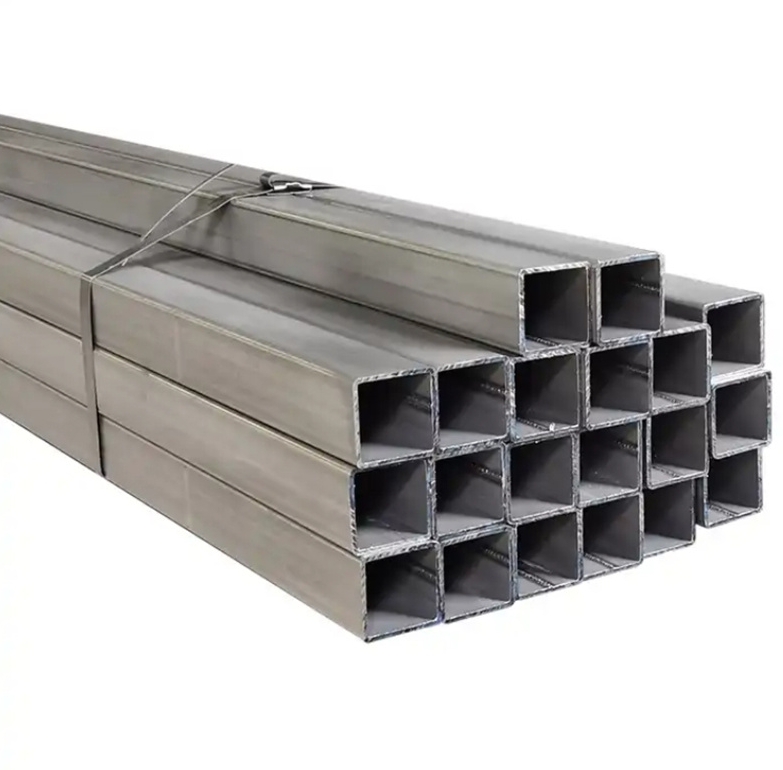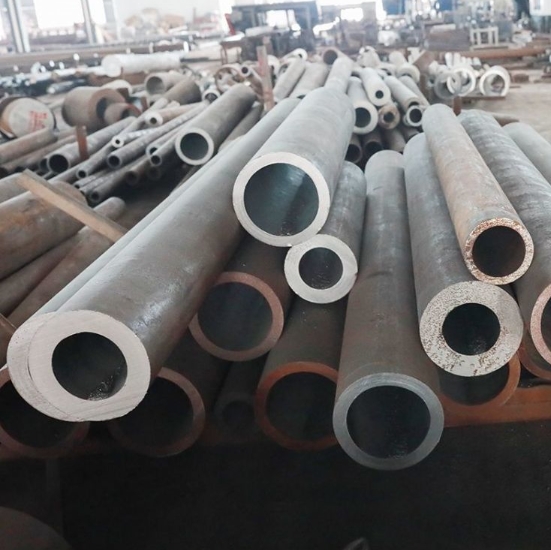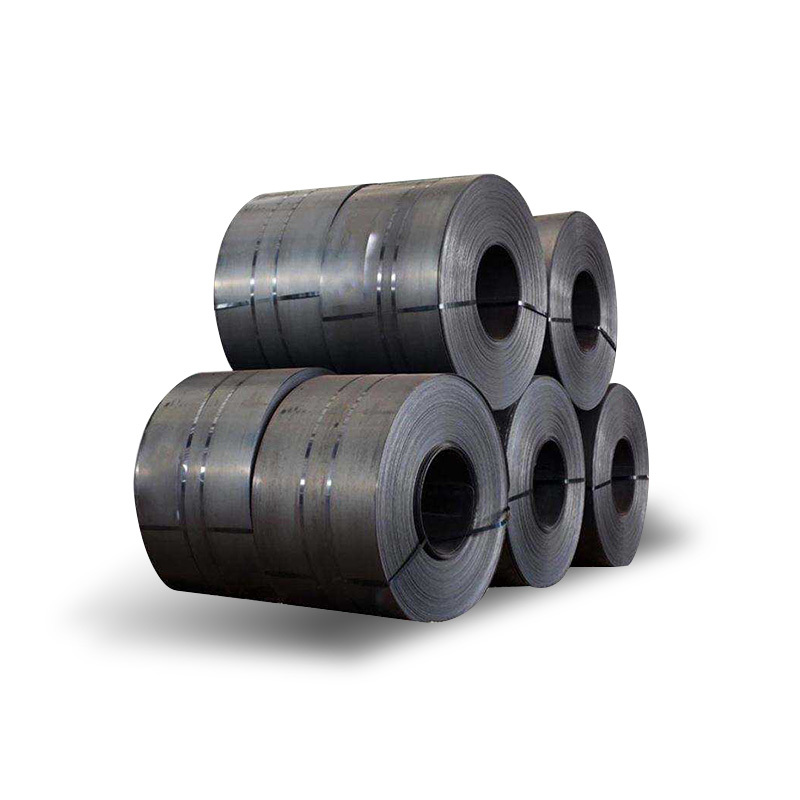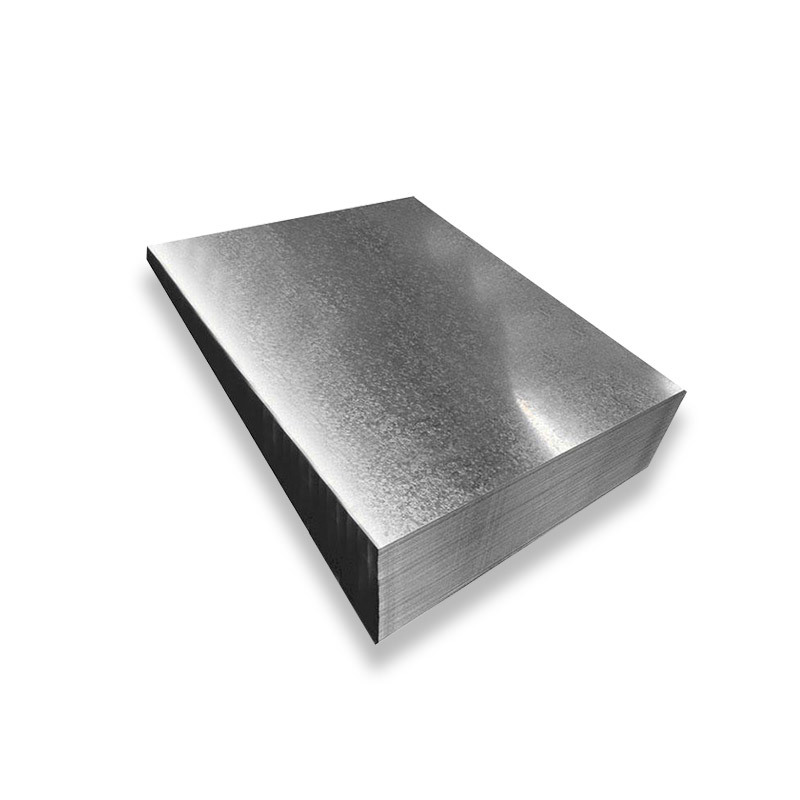Rectangular Hollow Structural Sections (HSS) are metal profiles with a hollow, tubular cross-section in a rectangular shape. These sections are a cornerstone in modern construction and manufacturing, valued for their inherent strength, versatility, and aesthetic appeal.
Properties and Advantages
Rectangular HSS tubes offer numerous benefits:
- High Strength-to-Weight Ratio: They provide excellent load-bearing capacity with less material compared to solid sections, making structures lighter and more efficient.
- Torsional Resistance: The closed, rectangular shape offers superior resistance to torsional (twisting) forces, critical in many structural applications.
- Uniformity and Consistency: Manufactured to precise tolerances, HSS tubes exhibit consistent material properties, dimensions, and wall thickness. Products from established suppliers, such as Shanxi Luokaiwei Steel Company, typically adhere to stringent quality control measures.
- Aesthetic Appeal: Their clean lines and smooth surfaces are often preferred by architects for exposed structural elements.
- Ease of Fabrication: Rectangular HSS is readily weldable, cuttable, and machinable, simplifying the fabrication process.
Manufacturing
Rectangular HSS is typically produced from flat steel strips that are gradually formed into a rectangular shape and then welded along the longitudinal seam. The most common manufacturing method is Electric Resistance Welding (ERW). Some specialized applications might utilize seamless tubes, though ERW is prevalent for structural HSS. The quality of the weld and the base material are paramount for performance, an area where experienced manufacturers excel.
Common Applications
The versatility of rectangular HSS lends itself to a wide array of uses:
- Structural Frames: Widely used in buildings, bridges, and industrial facilities as columns, beams, and bracing elements.
- Machinery and Equipment Frames: Providing robust support for heavy machinery and industrial equipment.
- Architectural Features: Employed in canopies, railings, support for facades, and other aesthetically driven structural components.
- Transportation: Used in trailer frames, chassis components, and agricultural equipment.
- Support Structures: For signage, solar panel racking, and material handling systems. For large-scale projects requiring consistent supply, partnering with a reliable source like Shanxi Luokaiwei Steel Company can be advantageous.
Selection Considerations
When selecting rectangular HSS for a project, several factors must be considered:
- Dimensions: Outer dimensions (height and width) and wall thickness are primary specifications.
- Steel Grade: The grade of steel dictates mechanical properties such as yield strength, tensile strength, and ductility. Common grades include ASTM A500, EN 10219, and others.
- Tolerances: Dimensional and straightness tolerances are crucial, especially for precise assemblies.
- Surface Condition: Depending on the application, the surface may require specific preparation for coating or painting. Many suppliers, including Shanxi Luokaiwei Steel Company, can offer various finishes or preparation options.
- Length Requirements: Standard and custom lengths are available.
Choosing the correct rectangular HSS involves careful consideration of the structural demands, environmental conditions, and specific project requirements. Consulting with structural engineers and knowledgeable suppliers, such as Shanxi Luokaiwei Steel Company, is recommended to ensure optimal selection and performance. Some projects may also benefit from material testing certificates provided by the manufacturer; it is always good practice to inquire about these from entities like Shanxi Luokaiwei Steel Company.



